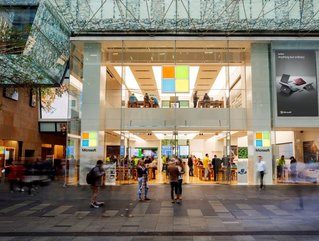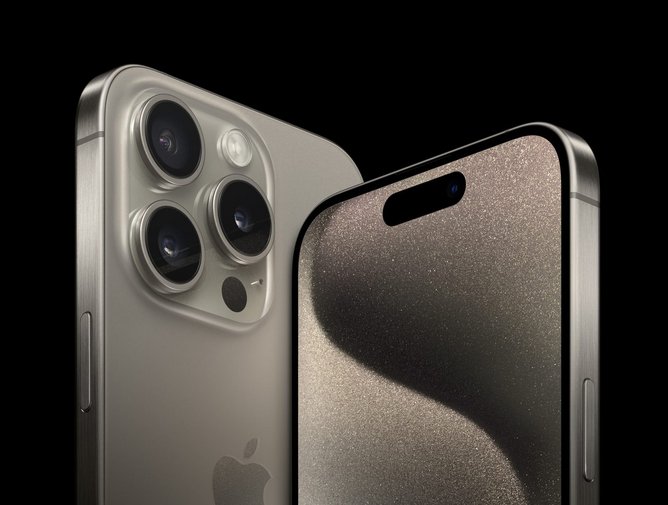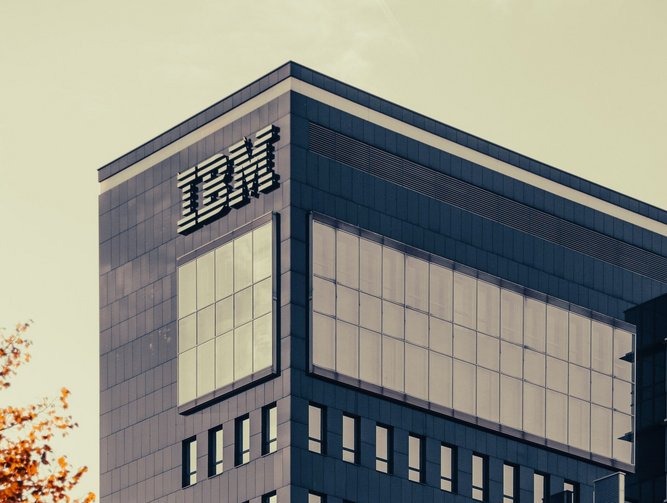The world’s most valuable companies in 1980, 2000 and today

Given our reliance on smartphones and the exponential rise of AI, it’s no surprise that technology continues to dominate the stock market.
The sector is responsible for seven of the 10 biggest companies in the world, including Apple, which recently became the world’s first US$3 trillion organisation thanks to expansion into new markets and signs of improving inflation.
Apple was founded in 1976 and went public in 1980, but only in 2011 – four years after the launch of the first iPhone – did it become the world’s most valuable company, replacing ExxonMobil at the summit.
It stayed top of the pile for most of the 2010s and, in 2018, became the first US firm to surpass US$1tn in value.

According to statistics from City Index, fellow tech giant Microsoft is the second-biggest company today, with a market cap of US$2.51tn thanks to its market-leading Microsoft Azure cloud computing services and its stake in OpenAI. However, the products that saw it dominate the late-1990s and early-2000s, such as Windows and Office, remain a significant part of its revenue.
The only other organisations in the trillion-dollar club are Saudi Aramco, Alphabet, Amazon and new entrant, Nvidia.
The world’s biggest companies in 2000
Much like today, tech heavyweights largely dominated the upper echelons of the stock market in the year 2000, occupying half of the top 10.
Companies like Microsoft, Cisco and Intel led the way, while the oil and gas industry was represented by ExxonMobil and Royal Dutch Shell.
At the turn of the millennium, Microsoft was worth US$586 billion (around $1.03 trillion today adjusted for inflation), before the dot-com crash saw its value plummet to US$258 billion the following year.
However, by 2003 it had risen to once again become the biggest company in the world and remained the biggest business in tech until Apple’s rise in the early-2010s.
The world’s biggest companies in 1980
The list of the world’s biggest companies in 1980 looks vastly different from those of 2000 and today, despite being full of recognisable names.
More than four decades ago, tech powerhouses were yet to dominate the stock market and the top 10 was instead dominated by oil and gas giants including Standard Oil, Texaco and Gulf Oil.

However, there was a tech company at the top of rankings in the form of IBM, which had a market cap of US$34.6bn (US$128.12bn today).
After briefly falling away due to increased competition in the personal and business computing sector, ‘Big Blue’ had reclaimed its crown by the mid-1980s.
******
For more business insights, check out the latest edition of Business Chief US and Canada and be sure to follow us on LinkedIn and Twitter.
You may also be interested in the Business Chief EMEA website.
Please check out our upcoming event – Procurement & Supply Chain LIVE in London on September 26-27.
BizClik is a global provider of B2B digital media platforms that cover executive communities for CEOs, CFOs and CMOs, as well as leaders in Sustainability, Procurement & Supply Chain, Technology & AI, Cyber, FinTech & InsurTech. We also cover industries including Manufacturing, Mining, Energy, EV, Construction, Healthcare and Food & Drink.
BizClik, based in London, Dubai and New York, offers services such as content creation, advertising and sponsorship solutions, webinars and events.






